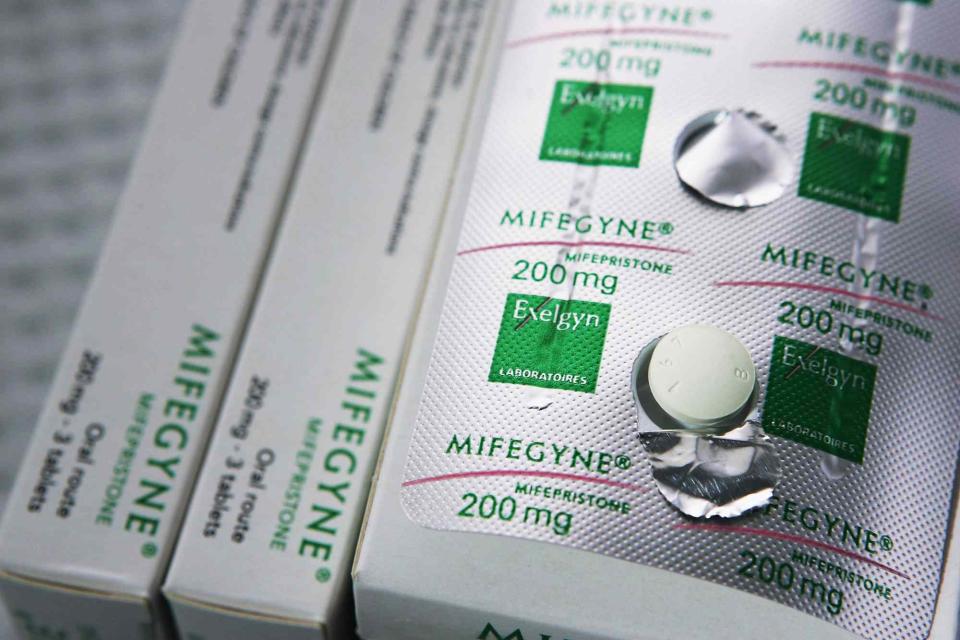Supreme Court Protects Access to Abortion Pill in Surprise Ruling
In a unanimous ruling on June 13, the U.S. Supreme Court determined that anti-abortion activists and doctors do not have legal standing to challenge the FDA's access to mifepristone

The U.S. Supreme Court ruled on Thursday, June 13, that it won't restrict access to abortion pill mifepristone for the time being, determining in a unanimous ruling that anti-abortion doctors and activists do not have the legal standing to challenge the Food and Drug Administration’s regulations.
The case stems from an anti-choice advocacy group who argued that FDA rules implemented since 2016 had made access to the drug too easy, in that the federal government allowed access to mifepristone by mail, without an in-office doctor's visit, and by women who were up to 10 weeks pregnant.
Prior to making its way to the Supreme Court, the case had been argued in appeals courts, with a federal appeals court in Texas ruling in 2023 that the drug could not be sent via mail and could only be available to women who were up to seven weeks pregnant, instead of 10.
Related: Texas Appeals Court Preserves Access to Abortion Pill but Tightens Rules for Use
In the ruling issued Thursday, the Supreme Court rejected the challenge to how the government regulates mifepristone.
Justice Brett Kavanaugh wrote that the anti-abortion activists' "desire to make a drug less available for others does not establish standing to sue. Nor do the plaintiffs' other standing theories suffice."
"Here, the plaintiffs have failed to demonstrate that FDA’s relaxed regulatory requirements likely would cause them to suffer an injury in fact. For that reason, the federal courts are the wrong forum for addressing the plaintiffs’ concerns about FDA’s actions," Kavanaugh wrote.
Never miss a story — sign up for PEOPLE's free daily newsletter to stay up-to-date on the best of what PEOPLE has to offer.
The ruling doesn't necessarily defend mifepristone, or signal that the abortion pill fight is over, however. In the future, if a group could establish proper legal standing, they could potentially revive this case, posing future challenges to abortion medication.
The mifepristone case follows the court's previous landmark decision to overturn Roe v. Wade — which ended the constitutional right to abortion — in June 2022.
For more People news, make sure to sign up for our newsletter!
Read the original article on People.


